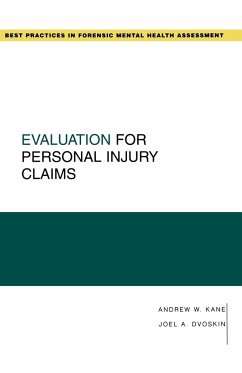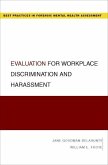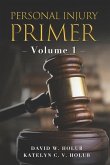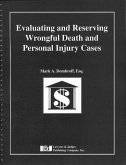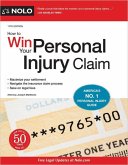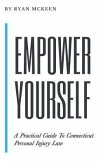Forensic mental health assessment (FMHA) has grown into a specialization informed by research and professional guidelines. This series presents up-to-date information on the most important and frequently conducted forms of FMHA. The 19 topical volumes address best approaches to practice for particular types of evaluation in the criminal, civil, and juvenile/family areas. Each volume contains a thorough discussion of the relevant legal and psychological concepts, followed by a step-by-step description of the assessment process from preparing for the evaluation to writing the report and testifying in court. Volumes include the following helpful features: * Boxes that zero in on important information for use in evaluations * Tips for best practice and cautions against common pitfalls * Highlighting of relevant case law and statutes * Separate list of assessment tools for easy reference * Helpful glossary of key terms for the particular topic In making recommendations for best practice, authors consider empirical support, legal relevance, and consistency with ethical and professional standards. These volumes offer invaluable guidance for anyone involved in conducting or using forensic evaluations. This book addresses the assessment of personal injury claims, and explores the history and importance of this process, the legal standards and the procedure for applying this assessment in court. Established empirical foundations from the behavioral, social, and medical sciences are then presented. Finally, the book provides a detailed "how-to" for practitioners, including information on data collection, interpretation, report writing and expert testimony.

